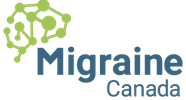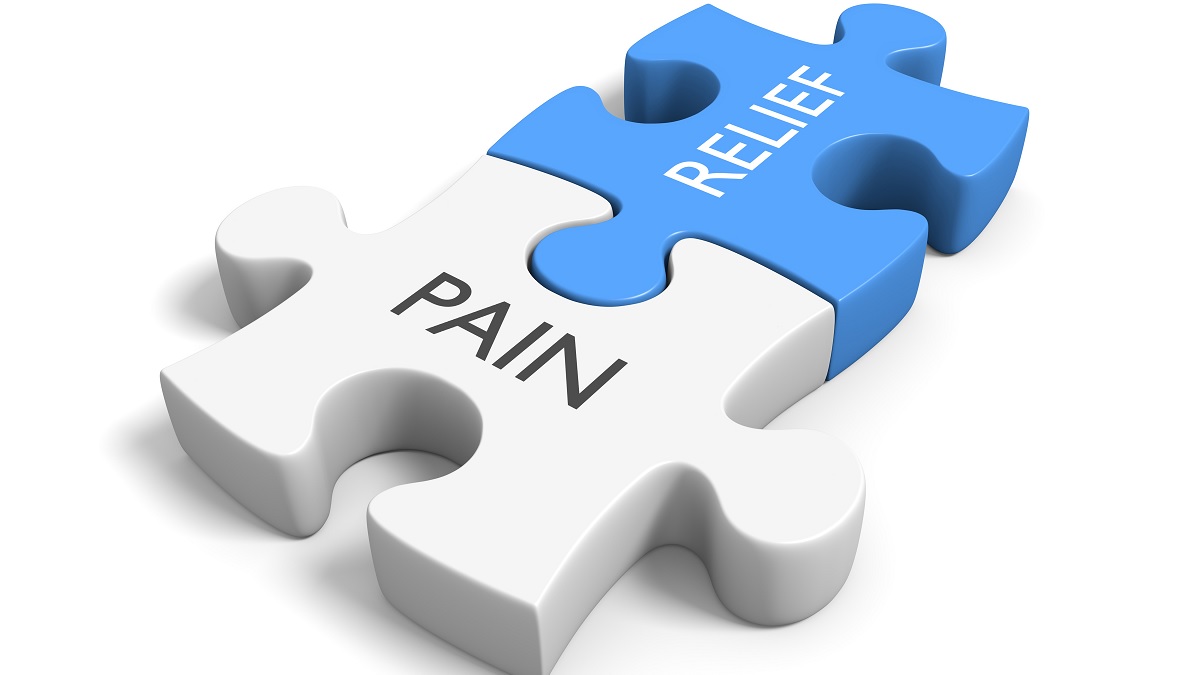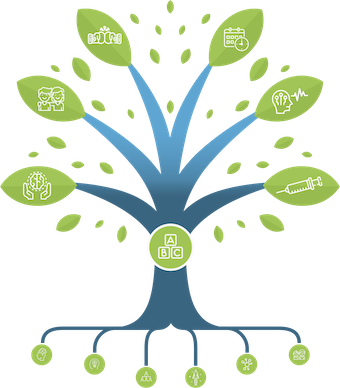Options to treat the migraine attack the Ultimate Table and Key Tips
Acute Treatment
Key Concepts for acute treatment:
- The goal is to return to function or at least a decrease symptoms
- Try different options with your care provider
- Record results in your diary
- Treat early, it will increase your success rate
- For severe attacks, discuss combinations with your care provider
- If you have nausea, use specific medications for it
- Use other options than pills for severe attacks (nasal sprays, injections, etc.)
- Natural techniques (hot, cold, mint rollers, acupressure, breathing exercises) can help
- May use different options for attacks of different severity
- Avoid overuse, if you are at risk consider prevention
- Gepants do not lead to medication overuse headache
- Cannabis is better avoided for migraine treatment until more research is available
- Avoid opioids, they should be only a last resort
| Medication | Brand names | How they work | Side effects | |
| Analgesics | Acetaminophen Paracetamol |
Tylenol | Probably block inflammation | Usually well-tolerated. Overdose may lead to death. Overuse may lead to more headaches. |
| Anti-inflammatories NSAIDs | Ibuprofen Diclofenac Ketorolac Naproxen ASA |
Advil, Motrin Cambia, Voltaren Toradol Aleve Aspirin |
Block COX enzyme, decrease prostaglandins = less inflammation | Stomach irritation, ulcers. High blood pressure. Small risk of heart disease. |
| Triptans | Almotriptan Eletriptan Frovatriptan Naratriptan Rizatriptan Sumatriptan Zolmitriptan |
Axert Relpax Frova Amerge Maxalt Imitrex Zomig |
Act on the serotonin system (stimulates 5HT 1b-d receptors) Blocks release of CGRP | Increase in headache, Nausea, Chest pressure, Fatigue |
| Combination | sumatriptan and naproxen | Suvexxl | The combination of sumatriptan and naproxen allows to take one tablet instead of two | Side effects of sumatriptan and naproxen may occur |
| DHE | Dihydroergotamine | Migranal DHE vial for injection |
Act on the serotonin system | Nausea Cramps Hypertension |
| Combinations | Mix of acetaminophen, NSAID, caffeine, codeine, barbiturates | Excedrin, Fiorinal, Tylenol 1-2-3 | Depends on content | Depends on content. High risk of medication overuse headache. |
| Opioids | Morphine, Codeine, Hydromorphone, Oxycodone, Meperidine | Statex, Codeine, Dilaudid, Supeudol, Demerol | Act on opioid receptors in the pain networks | Nausea, Sleepiness, Constipation. High risk of medication overuse headache, Addiction. |
| Anti-nausea | Dimenhydrinate, Metoclopramide, Prochlorperazine | Gravol, Maxeran, Stemetil | Anti-histamine, Anti-dopamine | Somnolence, Restlessness, Distonic reactions |
| Steroids | Dexamethasone, Prednisone | Decadron | Act on steroid receptors | Insomnia, hypertension, fluid retention |
** Cannabinoids are not listed as there is currently no evidence of their effect to treat migraine attacks (See this post). More research is needed.
** Neuromodulation devices can be used to treat migraine attacks and are reviewed in another section.
** New molecules not yet available in Canada like gepants and ditans will be discussed in the future.
REFERENCES
Mayans L, Walling A. Acute Migraine Headache: Treatment Strategies. Am Fam Physician. 2018;97(4):243-51.
Worthington I, Pringsheim T, Gawel MJ, Gladstone J, Cooper P, Dilli E, et al. Canadian Headache Society Guideline: acute drug therapy for migraine headache. Can J Neurol Sci. 2013;40(5 Suppl 3):S1-s80.
Post#814
Tags In
Share
Categories
THE MIGRAINE TREE
- BRANCHES
- ACUTE TREATMENTS
- DEVICES AND NEUROMULATIOIN
- PREVENTIVE TREATMENTS
- PROCEDURES AND INJECTIONS
- SELF-CARE AND LIFESTYLE
- SOCIAL LIFE
- TRUNK
- ROOTS
OTHER CATEGORIES
Tags
anxiety
Botox
Caffeine
cannabis
cause
CGRP
checklist
cluster headache
diary
Diet
disability
Emergency
estrogen
Gepant
karens story
kens story
life with migraine
meditation
menopause
migraine
move4migraine
move for migraine
neck
Overuse
pregnancy
rebound
side effects
Sleep
stress
trigger
triptans
vestibular
vitamins
weather
webinar
work
Your Voice




